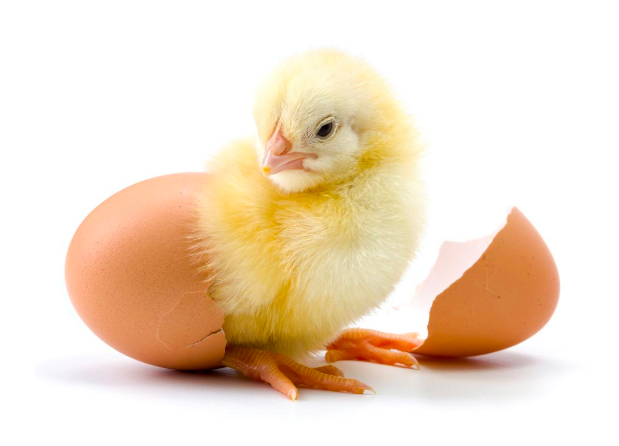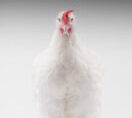
IBD control in the hatchery
Allows you to rethink the vaccination programme for your layers.

The vaccine
Novamune is an immune complex vaccine against IBD, composed of the SYZA 26 strain combined with specific antibodies called virus-protecting immunoglobulins, which must be injected on the first day in the hatchery.
What is Novamune?
- Vaccine designed for slow-growing layers and broilers
- The live attenuated vaccine targets the bursa, providing high protection against IBD viruses and reducing viral shedding.
- Administered in the hatchery, it guarantees 100% vaccination coverage, reducing the risk of the emergence of IBD virus variants.
How does it work?
- Day 1: MDA levels fall (variable depending on the starting MDA level at hatching).
- The vaccine is taken when the MDA level drops to a point where SYZA 26 can be released and reach the bursa of Fabricius.
- From this point onwards, the vaccine strain replicates in the bursa of Fabricius and the pullet is immune to all types of IBD virus (active immunity).
CEVA, a world reference in hatchery vaccination
- #No. 1 in hatchery vaccination
- 800 poultry professionals
- 23 billion doses of new technology vaccines for hatcheries in 2019
- 180 veterinary specialists near you and hatchery specialists at your service
- Worldwide experience of more than 180 billion animals protected against Gumboro disease with Ceva vaccines
Benefits of Novamune
- Total protection against clinical signs and strong resistance to any infection by an IBDV strain.
- Strong prevention against shedding, with no selection pressure on the farm's IBDV population
- The vaccine adapts to the immune status of each pullet and replicates at the optimum time.
- The vaccine can be administered in the presence of passive immunity, as a complement to the breeder's programme.
- The vaccine can be injected at the hatchery, guaranteeing maximum reliability and consistency, for the benefit of each pullet.
Gumboro disease
Gumboro disease is a highly contagious disease of young chickens caused by the infectious bursal disease virus (IBDV).

 POULTRY
POULTRY